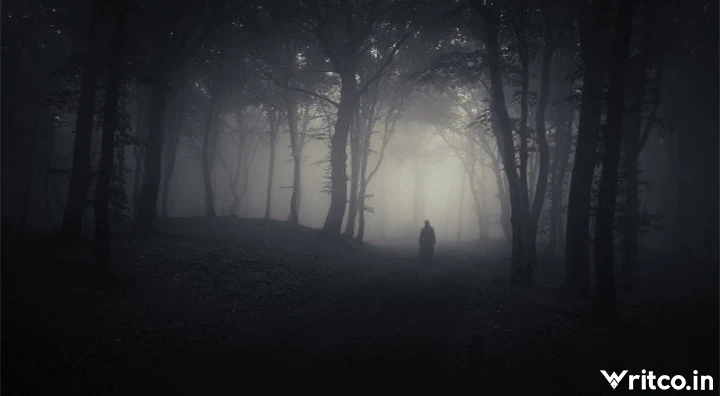Easy Guide to Far-sightedness
Original poem 'Far-sightedness' in my page (simplified version in its comment section!)
Unlike my last poem guide MatS, this is not a series of questions but the dissection of uncommon metaphors and reflecting on society whereas it still focuses on societal analysis and less on poetic devices.
'Time, she devours
whatever height we towers'
1. Time as the Jungian Devouring Mother archetype (consumes the child psychologically with selfish love, permanently making them reliant, incompetent infants)
- referencing from time being portrayed as a mother giving birth to civilization
a) Possessive: prevents independence
- devouring height, the symbol of growth and maturity
- the irony as the more time passes, the more problems and conflicts became hidden, leading to lessons forgotten and a somewhat cyclic history; and upon accumulating, the flaws can become detrimental to us
- referencing from the societal trend of victimization and dismissing power, for instance the privileged victimize on white genocide, anti-rich prejudice and cancel culture, appealing to emotional insecurity
- more or less about the long-standing tradition of morals before rights: one must prove that they have morals hence a soul (different versions...
Unlike my last poem guide MatS, this is not a series of questions but the dissection of uncommon metaphors and reflecting on society whereas it still focuses on societal analysis and less on poetic devices.
'Time, she devours
whatever height we towers'
1. Time as the Jungian Devouring Mother archetype (consumes the child psychologically with selfish love, permanently making them reliant, incompetent infants)
- referencing from time being portrayed as a mother giving birth to civilization
a) Possessive: prevents independence
- devouring height, the symbol of growth and maturity
- the irony as the more time passes, the more problems and conflicts became hidden, leading to lessons forgotten and a somewhat cyclic history; and upon accumulating, the flaws can become detrimental to us
- referencing from the societal trend of victimization and dismissing power, for instance the privileged victimize on white genocide, anti-rich prejudice and cancel culture, appealing to emotional insecurity
- more or less about the long-standing tradition of morals before rights: one must prove that they have morals hence a soul (different versions...



